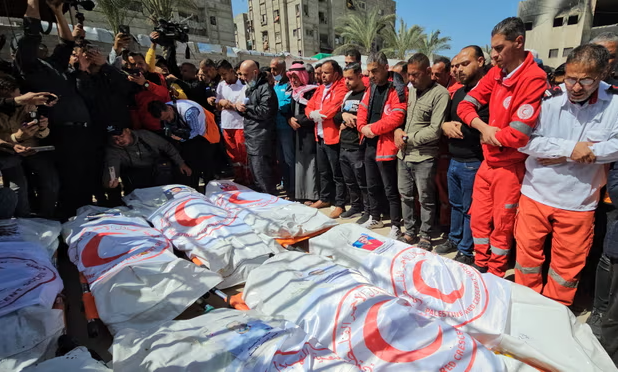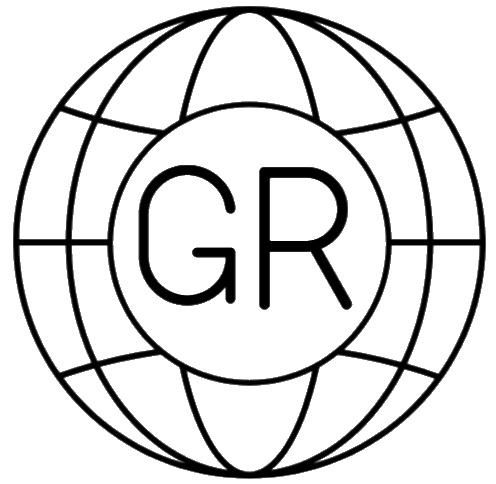
Israel Expands Military Operations in Gaza, Escalating Conflict and Humanitarian Crisis
Israel has significantly expanded its military operations in the Gaza Strip, seizing large areas under the justification of security measures. The escalation follows weeks of airstrikes and intense military engagement, leading to growing international concern over the humanitarian impact and the potential for further regional destabilization.
Expansion of Military Operations
Israeli Defense Minister Yoav Gallant announced the military's intention to establish a “security zone” within Gaza, particularly in southern areas, to prevent Hamas from regrouping. The move comes after months of relentless bombardment, with over 50,000 casualties reported, primarily civilians, according to Gaza’s Health Ministry.
The expansion has particularly targeted Rafah, a city in southern Gaza that had been a refuge for displaced Palestinians. Israeli forces have launched a major offensive in Rafah, displacing hundreds of thousands of residents. The assault includes the destruction of critical infrastructure, including water facilities and agricultural land, further exacerbating the humanitarian crisis in the besieged enclave.
Humanitarian Crisis Worsens
With the military expansion, access to essential resources has been severely curtailed. Israel has blocked all aid entering Gaza, leading to widespread shortages of food, clean water, and medical supplies. Hospitals are overwhelmed and on the brink of collapse, with doctors operating under dire conditions. The World Health Organization (WHO) has warned of a severe public health crisis, as diseases spread due to lack of sanitation and medical care.
The price of basic goods has skyrocketed, making survival increasingly difficult for the 2.3 million residents of Gaza. Humanitarian organizations have condemned the blockade and called for urgent international intervention to allow aid to reach those in need.
Political and International Reactions
The Israeli government has faced both domestic and international scrutiny over its aggressive military actions. Prime Minister Benjamin Netanyahu’s visit to Hungary, where he received strong support despite an outstanding arrest warrant issued by the International Criminal Court (ICC) for alleged war crimes, highlights the geopolitical tensions surrounding the conflict. Hungary, in response, has announced its intent to withdraw from the ICC, arguing that the court’s actions are politically motivated.
The United Nations and multiple international bodies have warned that Israel’s actions could amount to ethnic cleansing, with some experts suggesting a long-term strategy of reoccupying Gaza and permanently displacing its Palestinian population. Peace talks remain stalled, as Hamas demands a lasting ceasefire while Israel insists on only temporary truces.
Internal Unrest in Gaza
Amid the escalating war, internal tensions within Gaza have also risen. A recent high-profile incident involved the public execution of a Hamas police officer by the Abu Samra family, who accused him of killing their son at a food distribution point. The killing, which was captured on video, highlights growing frustration among Gazans against Hamas leadership, with increasing dissent over its governance amid wartime deprivations.
What Lies Ahead?
As military operations continue, the humanitarian situation is expected to deteriorate further. The international community remains divided, with some nations calling for ceasefire negotiations while others back Israel’s security concerns. The expansion of military control in Gaza raises questions about the long-term future of the Palestinian population and the potential for enduring conflict in the region.
With no immediate resolution in sight, the people of Gaza remain caught in the crossfire of geopolitical struggles, facing one of the worst humanitarian crises of modern times.
Author: Global Ripple
Posted on: April 03, 2025
 Global Ripple
Global Ripple